A mother demonstrating what she packs for her preteen daughter for lunch sparked concerns from the online community about the child's diet.
"My 11-year-old daughter is keto," proclaimed House of Keto influencer Abby Durlewanger in a TikTok video posted in June.
The popular low-carb diet has seen increasing endorsements from celebrities and influencers on social media.
But when it comes kids on the ketogenic—or "keto"—diet, doctors and health experts say more studies are required to determine if it is healthy for children and young teens.
In the clip, Durlewanger first packed a lettuce wrap with shredded chicken, cilantro-lime crema sauce and shredded cheddar cheese.
@houseofketo #keto #lowcarb #lunchbox #bento #kidsfood
Next, she added a side of fruit consisting of blueberries, strawberries, and some leftover watermelon from a previous celebration over the holiday weekend as a "nice surprise."
Durlewanger explained watermelon is typically not included as part of the family's keto lifestyle because it has more carbs and sugar then they would normally eat but added "this is a nice treat and is something she will enjoy."
To complete the lunchbox, she placed a hard-boiled egg and two slices of cheddar cheese inside.
"Our entire family eats this way," she said, "including our 5-year-old, our puppies, and my husband."
TikTokers had some serious questions after watching the video.




Those who strongly objected to a child being on a keto diet voiced health concerns.





In response to the backlash, Durlewanger argued "it is entirely possible to be keto and lose absolutely no weight."
She added it was "entirely possible to be keto and gain weight, or "stay absolutely the same."
[tiktok_embed https://www.tiktok.com/@houseofketo/video/6979409262120422662?_d=secCgYIASAHKAESMgowfIud%2BUXFEXLbXtoJkj7jC6gGcVdDEz4al8iN9WKY6S1u6hIW3XMBdqnYvrCLnOutGgA%3D&checksum=2e869fff5fe44bf2759aa27eebeac792e323024d7b1af540525f56d082755dfc&language=en&preview_pb=0&sec_user_id=MS4wLjABAAAA_sADMfrdGeMZhP3f_NHA8Q-NypM3TxsyJA4T1FHaTKc&share_app_id=1233&share_item_id=6969339963058015494&share_link_id=E4019FFA-3552-4487-A518-6C7AFC4B4FE9&source=h5_m×tamp=1624624840&tt_from=copy&u_code=13dahh&user_id=7439735&utm_campaign=client_share&utm_medium=ios&utm_source=copy&_r=1&is_copy_url=0&is_from_webapp=v1&sender_device=pc&sender_web_id=6878377712194356741 expand=1]According to Harvard Health Publishing from Harvard Medical School, the ketogenic or "keto" plan "centers on fat, which supplies as much as 90% of daily calories."
Some parents have turned to the keto diet for their overweight children to lose some pounds and get healthy.
However, dieticians do not recommend the keto diet for children and young teens because "it seriously limits carbohydrates, and children need carbs to be mentally and physically active," according to Children's Health.
Registered dietitian Kathy McManus, director of the Department of Nutrition at Harvard-affiliated Brigham and Women's Hospital said:
"The keto diet is primarily used to help reduce the frequency of epileptic seizures in children. While it also has been tried for weight loss, only short-term results have been studied, and the results have been mixed."
"We don't know if it works in the long term, nor whether it's safe."

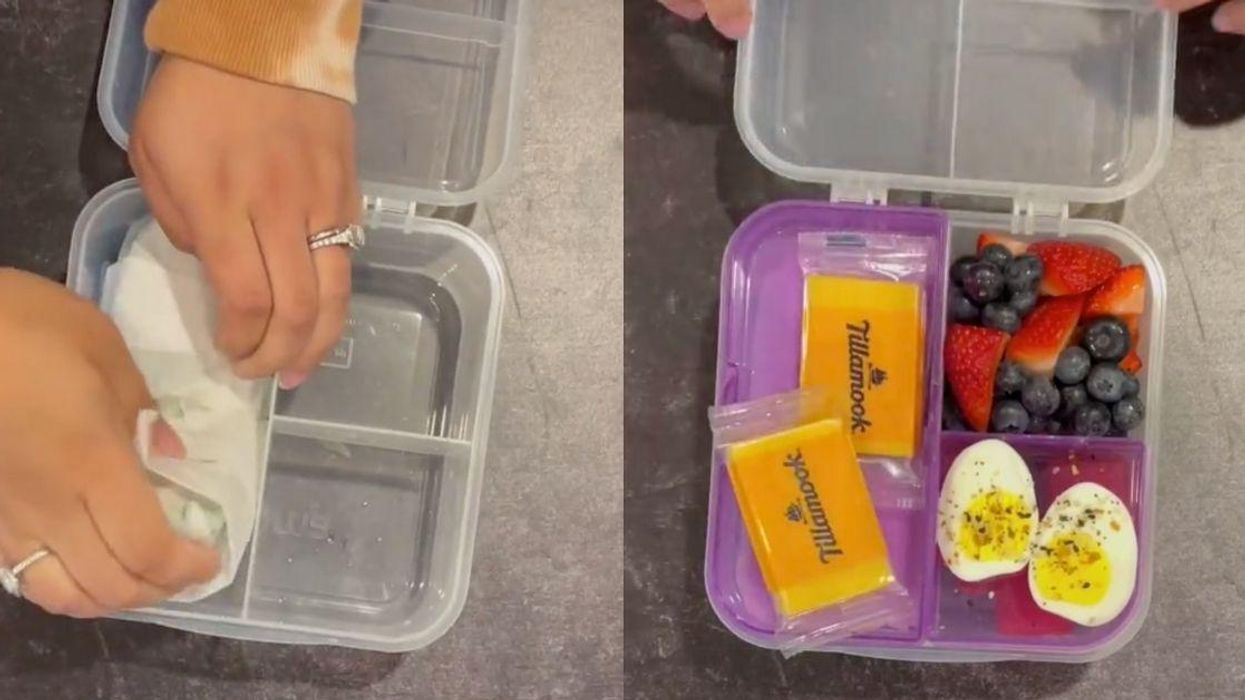

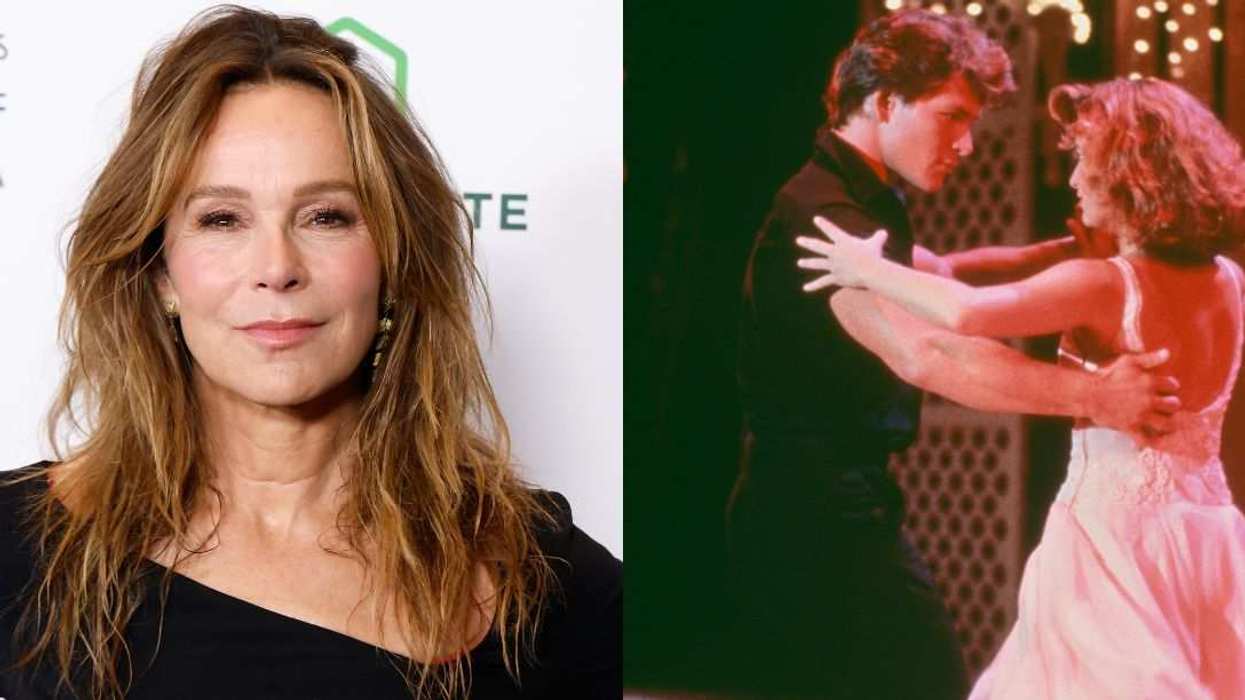
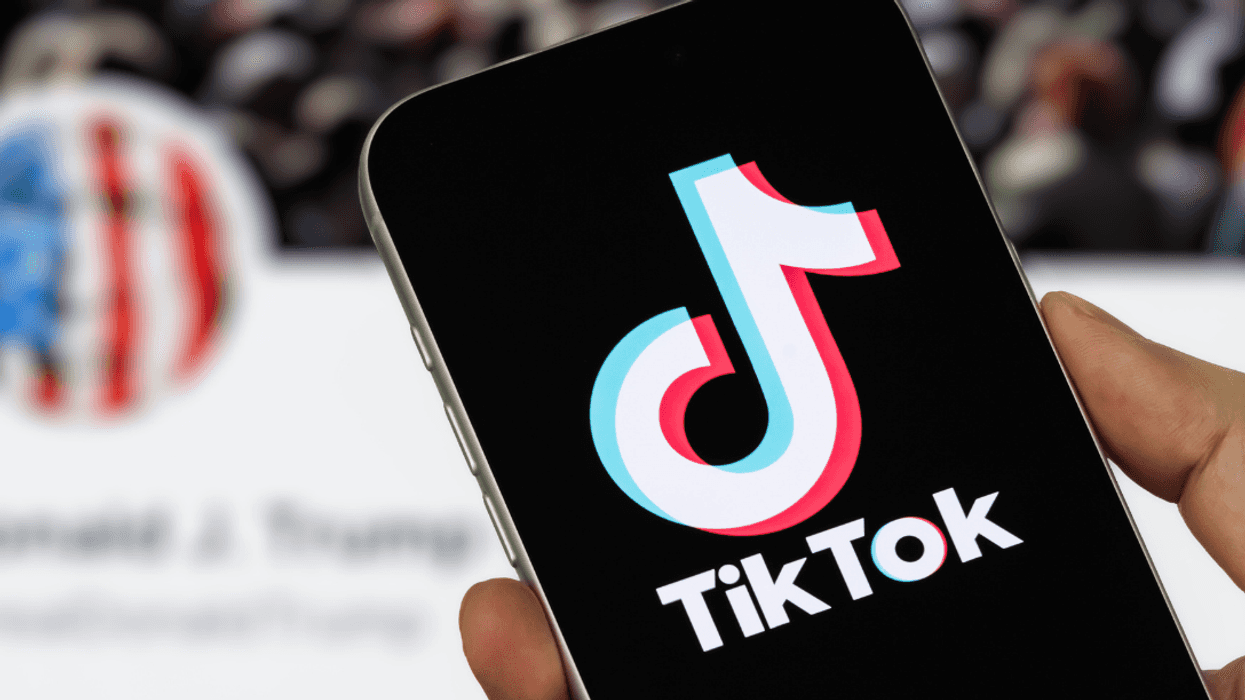

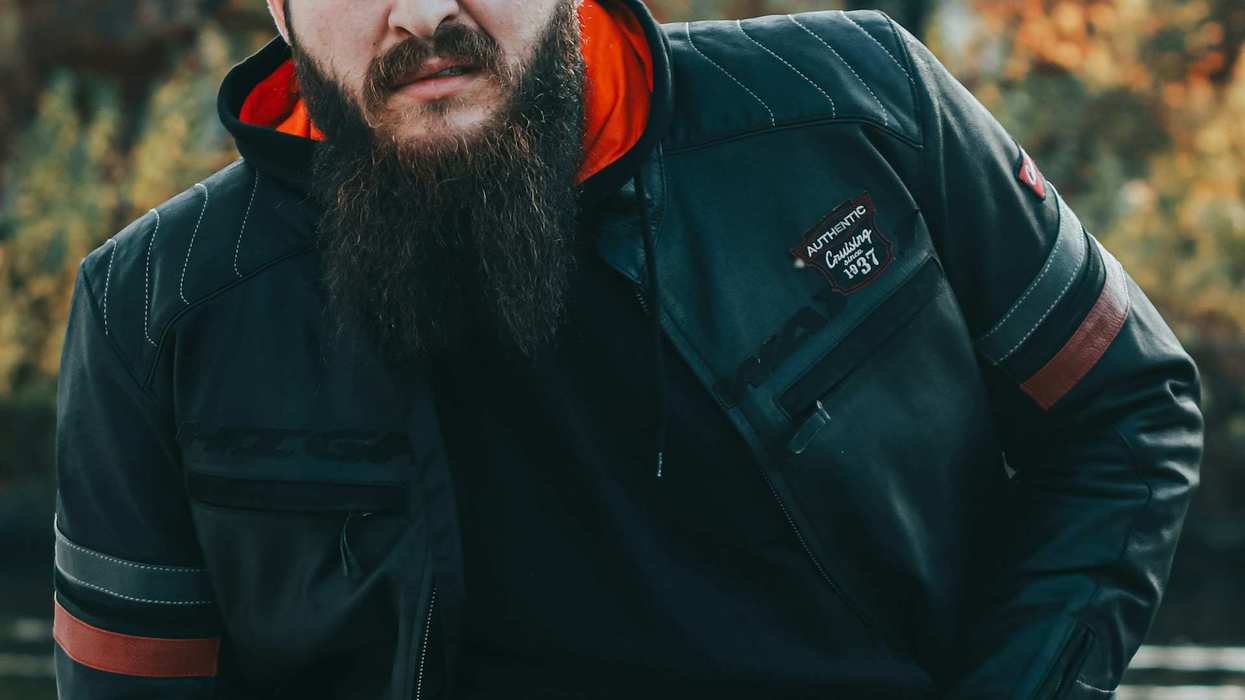

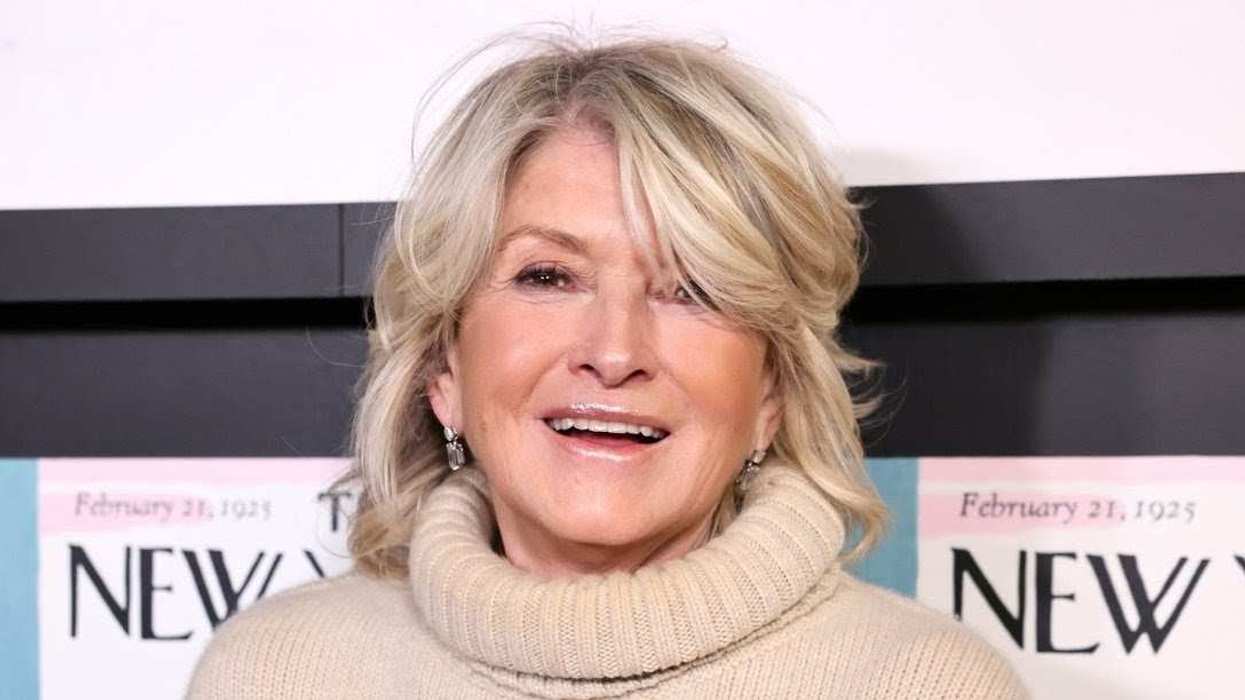




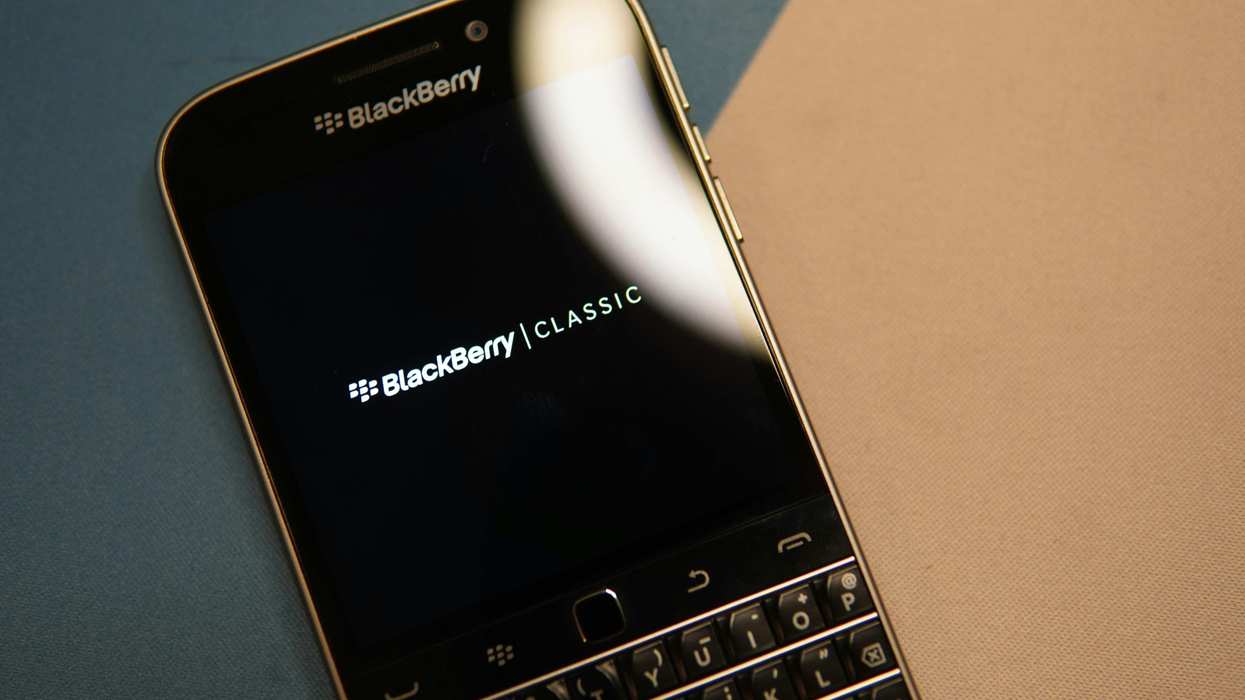
 Satisfying John Sullivan GIF
Satisfying John Sullivan GIF  video film projector GIF by South Park
video film projector GIF by South Park 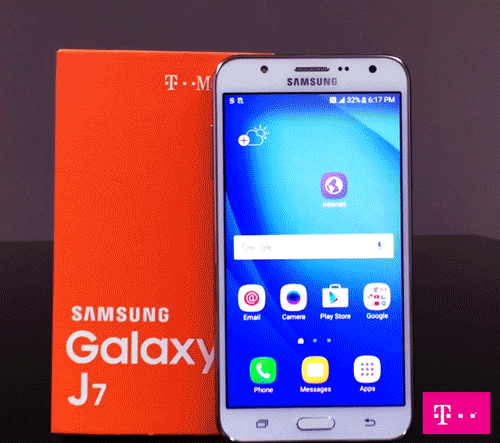 phones GIF by T-Mobile Puerto Rico
phones GIF by T-Mobile Puerto Rico 
 GIF by
GIF by 

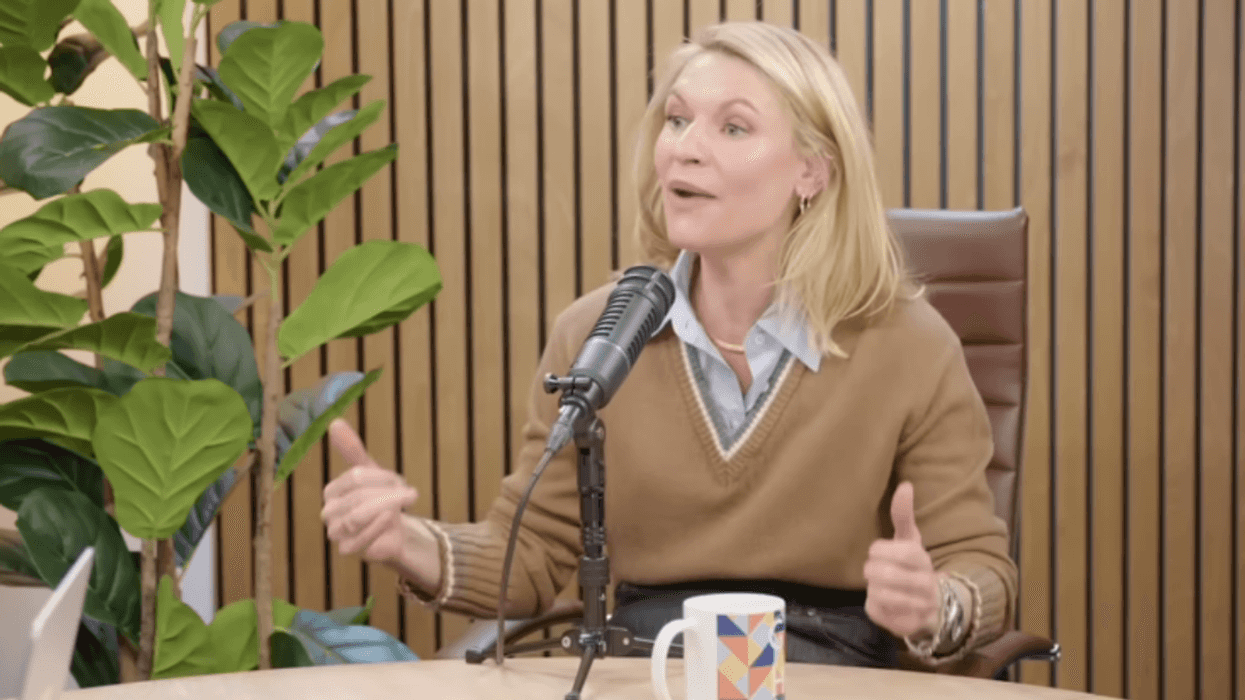
 E! News/Facebook
E! News/Facebook E! News/Facebook
E! News/Facebook E! News/Facebook
E! News/Facebook E! News/Facebook
E! News/Facebook E! News/Facebook
E! News/Facebook The Film Fanbase/Facebook
The Film Fanbase/Facebook The Film Fanbase/Facebook
The Film Fanbase/Facebook The Film Fanbase/Facebook
The Film Fanbase/Facebook The Film Fanbase/Facebook
The Film Fanbase/Facebook The Film Fanbase/Facebook
The Film Fanbase/Facebook